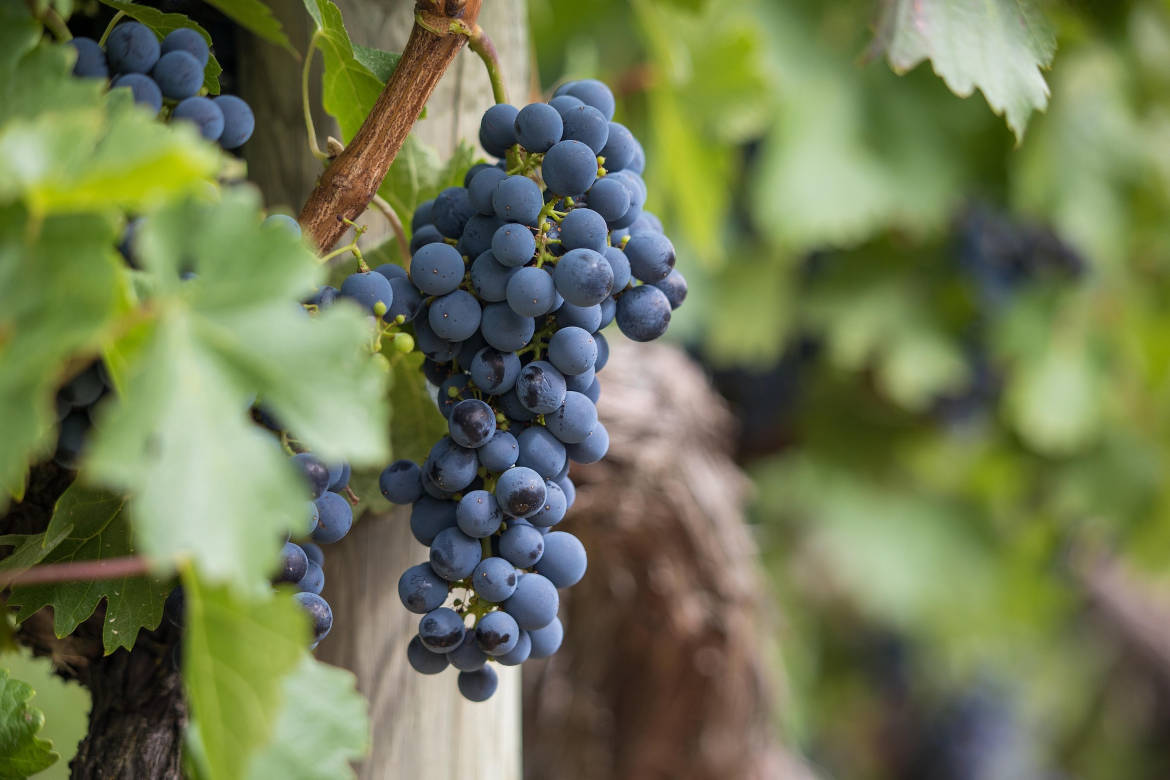Sicily isn’t just Italy’s largest island; it’s a sensory feast. From its fiery volcanoes to its sun-drenched shores, every corner of Sicily tells a story. But perhaps no story is as compelling as that of its wine.
This Mediterranean jewel boasts one of the world’s most diverse and dynamic wine cultures, shaped by thousands of years of history and an ever-evolving commitment to quality.
Whether you’re a casual sipper or a devoted oenophile, Sicily offers a wine experience that’s as complex and delightful as its landscape.
Table of Contents
A Wine History Etched in Time
Wine in Sicily has ancient roots. Phoenician traders first introduced viticulture here over 3,000 years ago, and the Greeks, enamored with the island’s fertile volcanic soil, expanded the practice.
By the time the Romans arrived, Sicilian wine was already a prized export across the empire.
Fast forward to the Middle Ages, and Arab settlers, despite their distaste for alcohol, introduced advanced agricultural techniques that elevated wine production further.
In the 18th and 19th centuries, Sicily’s Marsala wine gained fame worldwide, with British traders like John Woodhouse helping to establish it as a fortified wine on par with Port and Sherry.
But the 20th century was less kind. Bulk production and a focus on quantity over quality tarnished the region’s reputation.
Thankfully, in recent decades, Sicilian winemakers have undergone a renaissance, prioritizing indigenous grape varieties, sustainable practices, and small-batch craftsmanship.
The Land’s Bounty: Volcanic Terroir and Microclimates
Sicily’s wines owe much to its geography. The island’s volcanic soil—particularly on the slopes of Mount Etna—is rich in minerals, lending wines a distinctive character: vibrant acidity, complex minerality, and an elegant structure.
The diverse microclimates across Sicily, the largest island in Italy, are equally important.
Coastal vineyards benefit from cooling sea breezes, while higher-altitude plantings, such as those on Mount Etna, offer dramatic temperature swings between day and night.
These conditions allow grapes to ripen slowly, preserving their acidity and developing nuanced flavors.
The result? An extraordinary range of wines that capture the essence of Sicily’s varied landscape.
Indigenous Grapes: Sicily’s Crown Jewels
One of Sicily’s greatest assets is its wealth of native grape varieties, many of which are found nowhere else in the world. Here are some standouts:
- Nero d’Avola: Often called the “King of Sicilian grapes,” this bold red varietal produces wines bursting with dark fruit, spice, and velvety tannins. Think of it as Sicily’s answer to Cabernet Sauvignon.
- Frappato: Light, aromatic, and delightfully fresh, Frappato is perfect for those who prefer a softer red. It’s often blended with Nero d’Avola in the DOCG (Controlled and Guaranteed Designation of Origin) wine Cerasuolo di Vittoria.
- Carricante: This white grape thrives on the slopes of Mount Etna, yielding zesty, citrus-driven wines with a backbone of salinity and minerality.
- Grillo: Traditionally used in Marsala, Grillo has made a comeback as a standalone white wine. Expect vibrant notes of green apple, melon, and a touch of Mediterranean herbs.
- Zibibbo: Known internationally as Muscat of Alexandria, this aromatic grape shines in both dry and sweet wines. Its most famous expression is in the luscious dessert wine Passito di Pantelleria.

The Star of the Show: Mount Etna Wines
Mount Etna, Europe’s most active volcano, is Sicily’s wine hotspot. Winemaking here is nothing short of heroic, with vines clinging to steep terraces at altitudes of up to 1,000 meters (3,280 feet).
The star grapes are Nerello Mascalese and Nerello Cappuccio, which combine to create reds that rival the elegance of Burgundy or Barolo. Meanwhile, Etna Bianco, made primarily from Carricante, is a revelation for white wine lovers.
The volcanic ash, basalt, and lava deposits lend these wines a distinct minerality and smoky undertone, making them utterly unique.
Sustainability and Innovation
Sicilian winemakers are increasingly adopting sustainable and organic practices. With abundant sunshine and breezy conditions, the island is naturally suited to organic viticulture, reducing the need for chemical interventions.
Many producers are also working to revive forgotten grape varieties, ensuring that Sicily’s wine heritage continues to thrive. Some wineries have even embraced cutting-edge techniques, blending tradition with modernity.
Whether it’s experimenting with amphora aging—a nod to ancient winemaking methods—or investing in state-of-the-art equipment, Sicily’s wine industry is constantly evolving.
Where to Sip and Savor
No Sicilian wine journey is complete without a visit to its vineyards. Here are a few must-see regions:
- Marsala: Explore the birthplace of Sicily’s famous fortified wine. Many historic cellars offer tastings and tours that delve into its fascinating history.
- Mount Etna: Take in the dramatic landscapes and sample some of the island’s most celebrated wines at boutique wineries around Etna’s slopes.
- Pantelleria: For sweet wine enthusiasts, a trip to this tiny island is a must. Sample Passito di Pantelleria while soaking up the island’s rugged beauty.
Top Sicilian Wine Tasting Tours to Experience
Sicilian Wine: A Story in Every Bottle
As Sicily continues to embrace its winemaking renaissance, the world is taking note. What was once a region known for bulk production has transformed into a powerhouse of quality and innovation. Sicilian wines are now staples on international wine lists, offering incredible value for their quality.
Whether you’re enchanted by the volcanic elegance of Etna’s reds, the aromatic whites of Grillo and Carricante, or the timeless sweetness of Marsala and Passito, Sicily has a wine for every palate—and a story for every bottle. Raise your glass and toast to Sicily: an island where wine is more than a drink—it’s a way of life.
